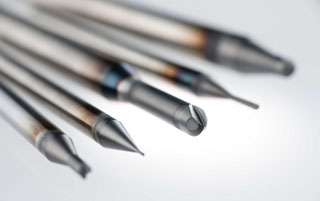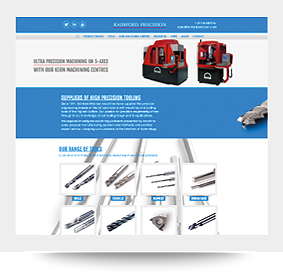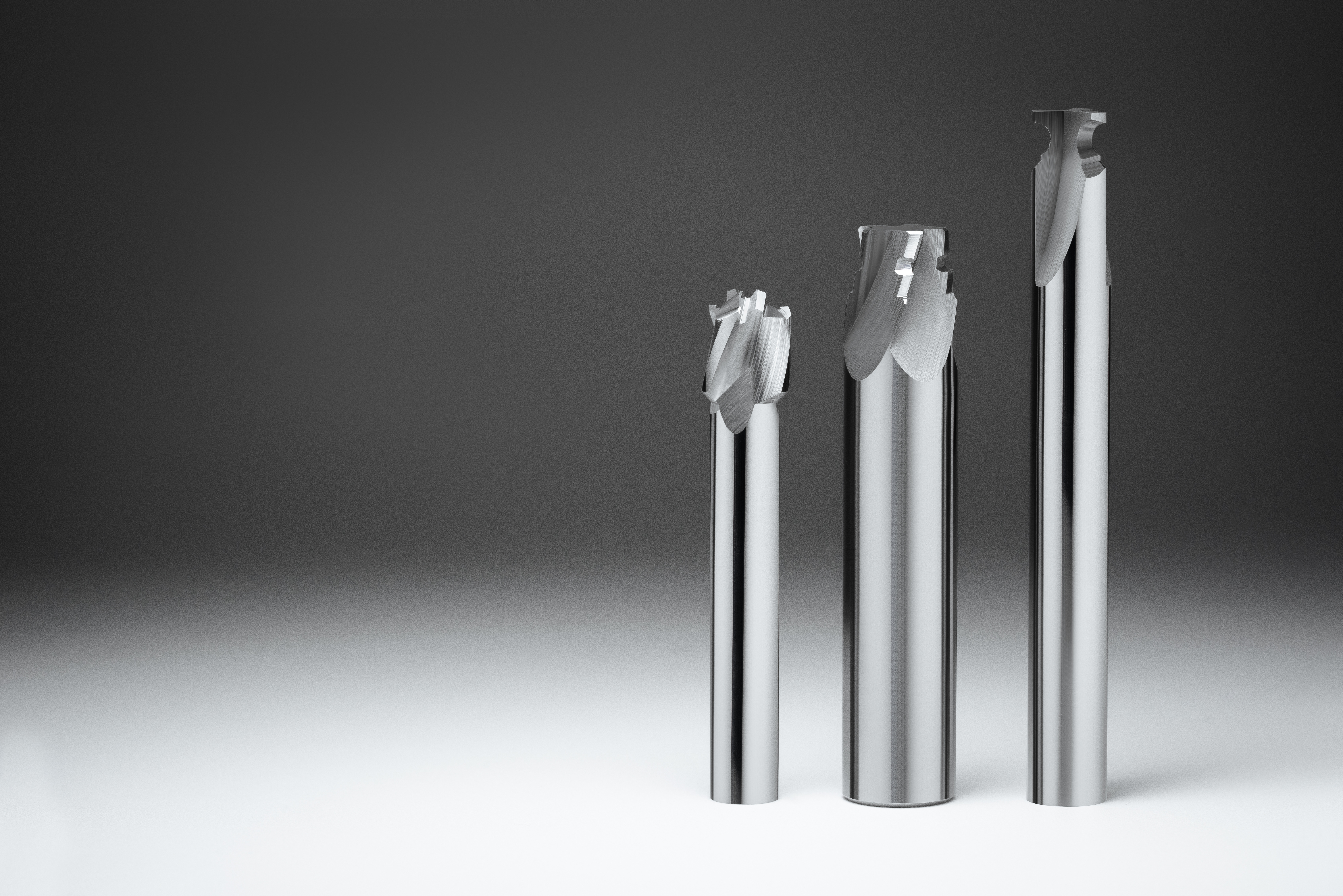Rainford Precision – The Bright Spark For Hard Machining
Building upon the success of the Toglon ‘Hard’ drilling line from Iwata Tool, Rainford Precision is now delighted to announce the arrival of a new...
2 min read
Rainford Precision : Aug 19, 2024 9:00:00 AM

Watchmaking is renowned for its craftsmanship and incredible attention to detail. But with many intricate components, from gears and springs to casings, which demand tolerances in the micrometre range, watchmakers face a constant battle to achieve finishes which are up to scratch.
So small are some of the parts that even the slightest deviation can affect the functionality and accuracy of a timepiece. Thankfully, high-precision cutting tools enable master craftsmen and women to create components which offer unparalleled accuracy and fit seamlessly within these complex and intricate mechanical wonders.
The excellence of a timepiece is intricately tied to the accuracy of its components. Watchmakers often employ lathe cutting tools, laser engravers, diamond-tipped cutters, and CNC machines to guarantee precision. The use of micro cutting tools alongside CNC machines takes this precision to even greater heights, ensuring uniform designs, finishes, and patterns that were previously unattainable through conventional means.
There are many applications where a standard tool isn’t quite right, resulting in either an inferior finish or an inadequate part which doesn’t do the job required of it. Often, standard drill bits have generalised geometries which are fine for many processes but not suitable for the high degree of accuracy required in watchmaking. In this instance it’s possible for Rainford to manufacture custom-designed tools for specific applications.
The intricate nature of watchmaking demands high levels of precision at every stage, not least when working with commonly used materials. Metals such as gold, silver, platinum, stainless steel and other alloys can be expensive and challenging to work with. If parts are not precise, the cost of milling, reaming, honing or even having to reproduce from scratch can be expensive.
Micro-cutting tools are designed to provide that superior level of accuracy and reduce errors with extremely high tolerances and minute diameters. Similarly, advanced cutting tools also allow for the efficient machining of hard materials such as ceramic and sapphire which are increasingly used for parts.
With customised tools there is an inherent time saving because they’re made for specific roles rather than making do and having to go through multiple stages to achieve the same result.
Watchmaking processes that would traditionally take hours of painstaking work to complete by hand can be carried out in minutes by using precision micro tools and automated CNC machines.
The importance of precision cutting tools in watchmaking cannot be overstated – they’re essential for producing the fine and intricate parts which characterise watches by enabling precise cuts and minimising waste. As technology advances they’ll continue to play an ever-greater role in watchmaking while also helping to preserve its heritage.
Find out more about the different applications that our custom cutting tools can be used for. Experience 'Precision Redefined' and get in touch with Rainford Precision today!

Building upon the success of the Toglon ‘Hard’ drilling line from Iwata Tool, Rainford Precision is now delighted to announce the arrival of a new...

Rainford Precision, the UK’s leading supplier of cutting tools and machine tools for the micro machining industry has now launched a new website. The...

While standard tools suffice for many tasks, there are instances where something unique is required. Be it for combining operations, working with...